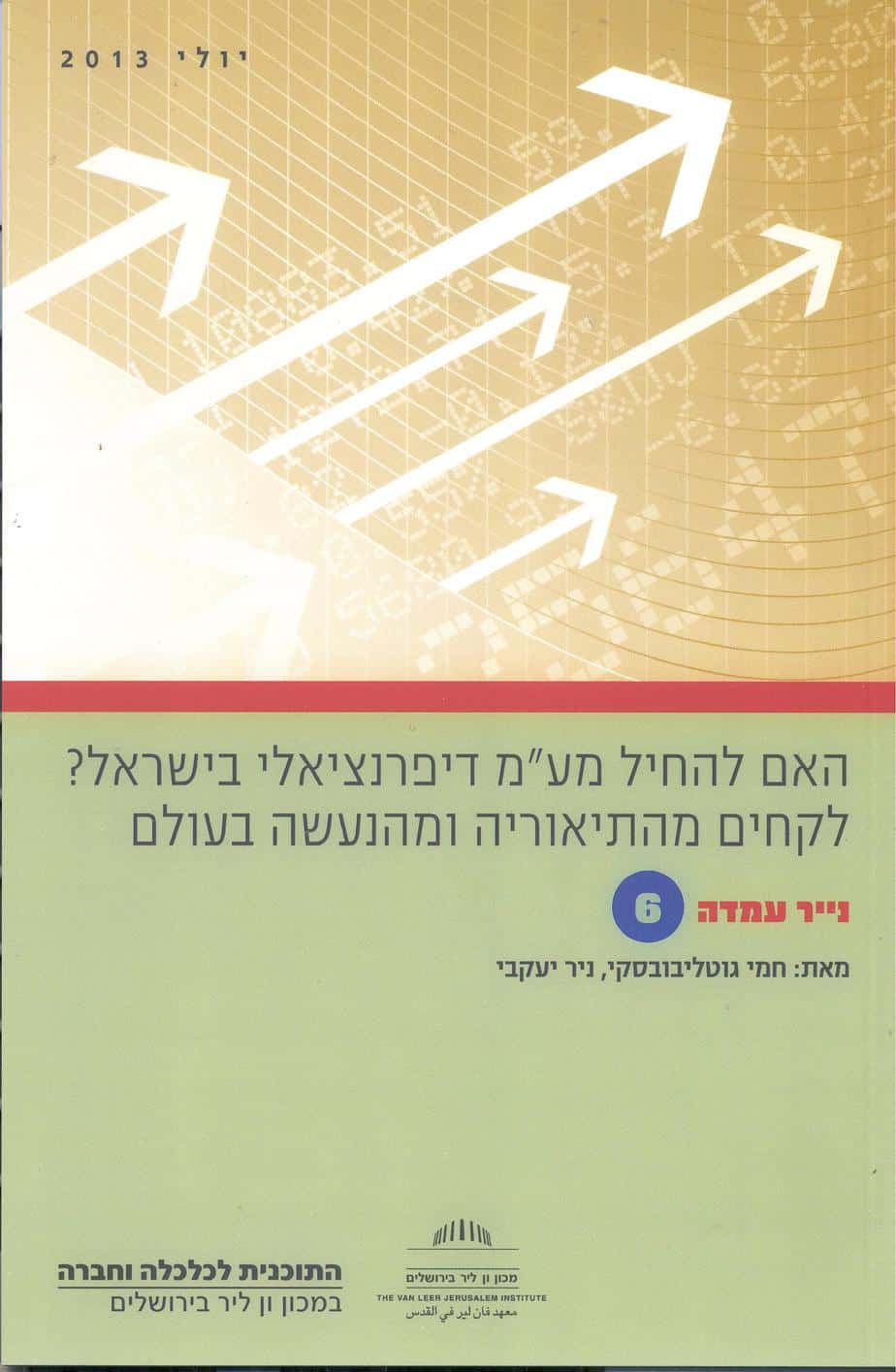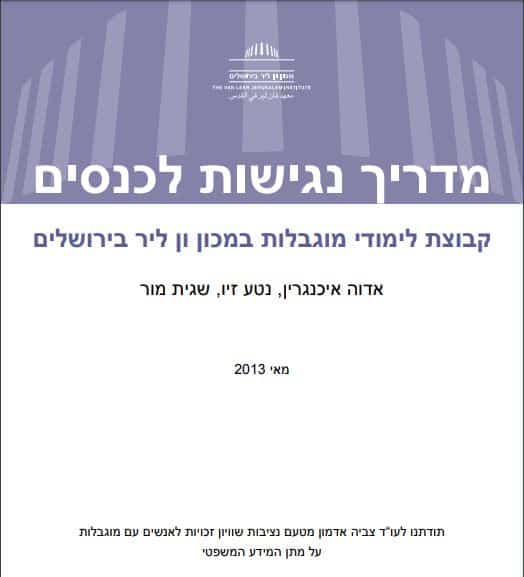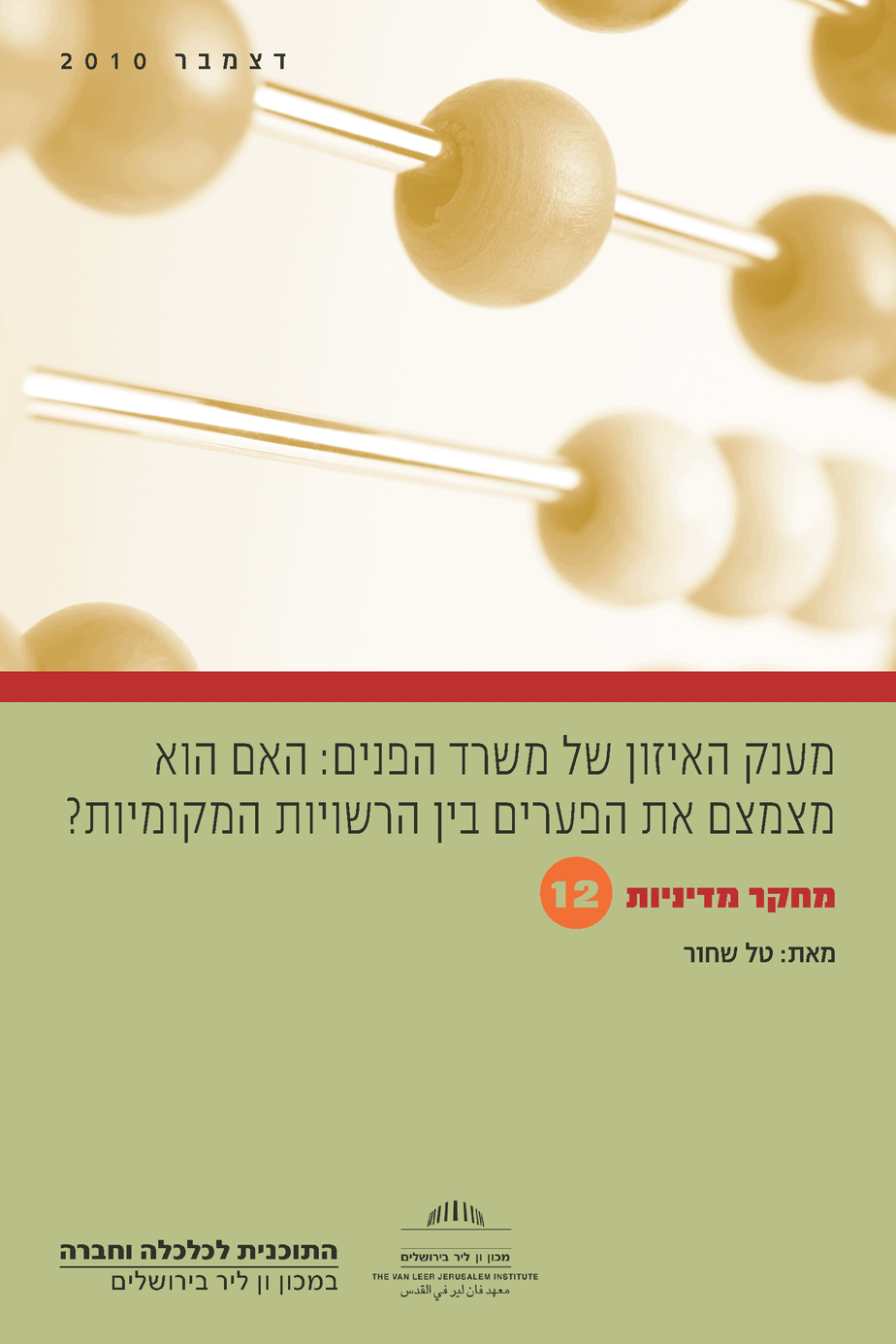Should Differential VAT Be Implemented in Israel?
Lessons from Theory and from Other Countries' Experience
One of the demands that arose from the summer 2011 social protest was the institution of different VAT rates for different products (differential VAT) as a means of reducing social inequality. In Israel, the share of consumption that has a reduced VAT rate is small in comparison with that in European Union countries, which have more reduced and more egalitarian VAT rates. Most of these countries have reduced VAT or 0% VAT on items including food products, water, equipment for people with disabilities, books, and newspapers. In light of these data, the demand for a differential VAT in Israel seems logical and necessary. No one disagrees that differential VAT can reduce inequality. The article examines how effective this method is (the extent to which it reduces inequality) and how efficient it is (its cost as compared with the cost of other methods of reducing inequality).
The literature of both theoretical and empirical economics suggests that differential VAT is substantially inferior to other methods, such as progressive income tax, stipends, and subsidies, both for reducing inequality and for promoting consumption and supporting products in some industrial branches. The correct way to make VAT progressive is to set aside for stipends or negative income tax the amount by which the state’s income would be reduced as a consequence of reduced VAT rates. Differential VAT should be considered only when, for technical or political reasons, it is not possible to raise the income tax or the stipends or to implement a negative income tax.





